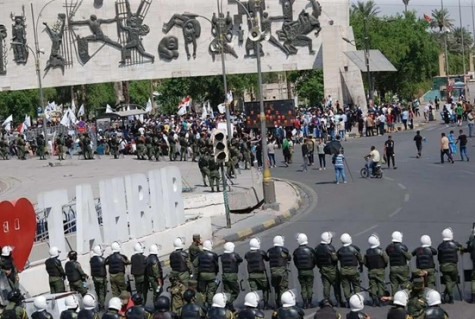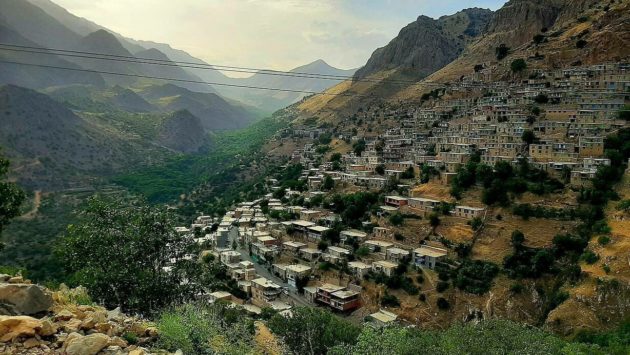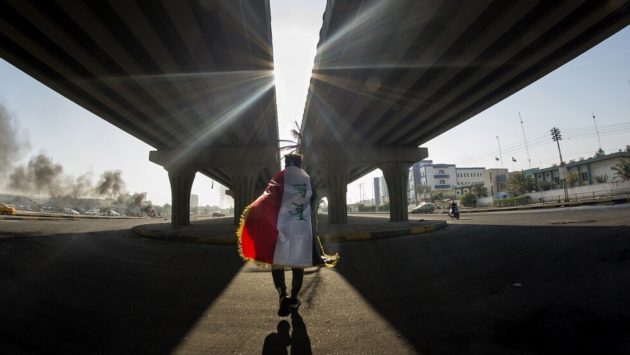Activists Campaign to ‘Save Basra’, Health Ministry Denies Cholera Outbreaks
An online campaign launched by Iraqi activists and bloggers succeeded over the past few days in drawing attention to the water pollution crisis in the southern district of Basra.
Recent videos and photos went viral on social media showing dozens of poisoned patients in hospitals due to contamination of drinking water. This has prompted activists to launch “Save Basra” campaign which coincided with a wave of protests that have been taking place for weeks, expected to escalate after Adha Eid holiday into sit-ins and civil disobedience, activists informed Asharq Al-Awsat.
The Iraqi Health Ministry denied on Friday reports about purported spread of epidemics in Basra due to water contamination and said it had dispatched additional supplies of medicines to the province to cope with possible emergency.
The ministry also sent a team to review the reports and ensure that no communicable diseases’ outbreak had taken place, Ministry Spokesman Saif al-Badr said.
The team had already confirmed that there is no sign of cholera outbreak, adding that the latest cases were “minor and moderate” and did not require hospitalization. However, Basra governor Asaad al-Eidani, strongly criticized the government, saying it did not respond to the demands of the people.
Basra Health Department confirmed that drinking water in over 70 percent of areas is polluted and unfit for human consumption.
Representative of High Religious Authority Ali al-Sistani dedicated Friday’s sermon to criticize the Iraqi government for failing to solve Basra’s water problem.
“The human, patriotic and religious duties call on the authorities and relevant institutions to work together to put an end to the sufferings of the people of Basra,” Abdul Mahdi Karbalai said.
The Representative called on the government to find a lasting solution for this water contamination problem.
Earlier in July, Prime Minister Haider al-Abadi visited Basra accompanied by a large number of ministers, after several protests erupted in the city.
Abadi promised to meet all demands, however, Eidani complained in a statement that the city has been demanding in vain the federal government to transfer money to establish desalination stations.
Basra’s Human Rights Commission also warned that the conditions of the province are “dangerous” due to high salinity and increased pollution, accusing the federal government of not acting accordingly.
The Commission asked the government to declare Basra a “disaster area”.
Basra has the largest oil supply in Iraq, as oil experts indicate that it owns 15 out of 77 fields in the country, including 10 producing fields awaiting development. These fields can produce more than 65 billion barrels, about 59 percent of Iraq’s oil reserves.





